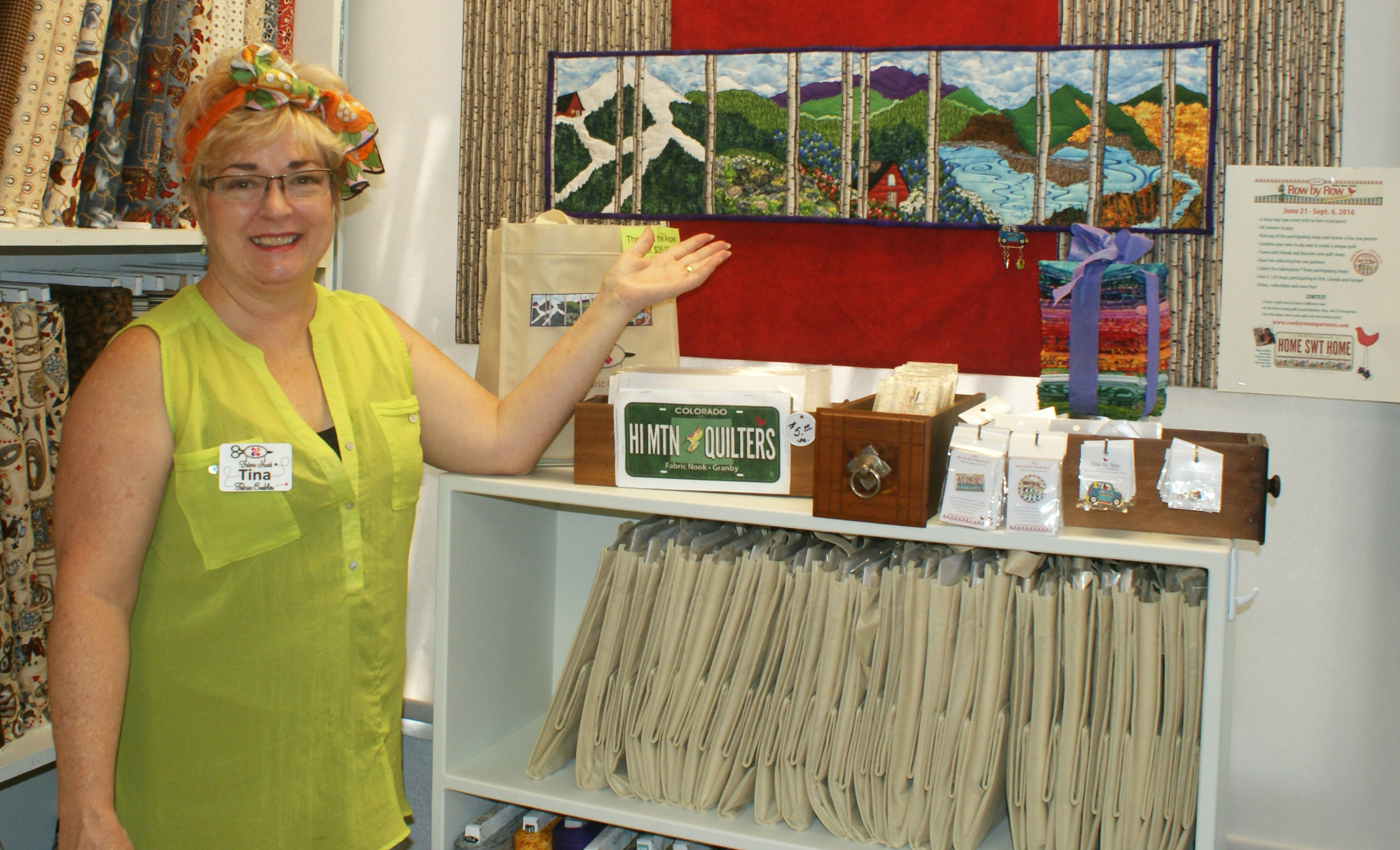The Colorado Department of Public Health and Environment is reporting the second case of human plague in the state this summer. The case, reported to the department on September 3rd, is a resident from Grand County.
The first case was diagnosed earlier this summer in a resident from southwest Colorado. Both cases had exposure to sick animals (a squirrel and a cat). Neither case is suspected of having spread the infection to other people or animals. These are the first human cases reported in the state since 2015. In the past 10 years there have been 14 cases of human plague in the State of Colorado.
Earlier this year, plague bacteria were confirmed in rodents in Broomfield, Jefferson and Adams Counties as well as a cat in Elbert County. In addition there have been several animal die offs that are suspected to have been due to plague in multiple counties across the state including Grand.
The Colorado Department of Public Health and Environment reminds residents that it’s not uncommon for plague to be present this time of year, and simple precautions can keep the risk of transmission to humans very low.
“Plague has been present in Colorado since at least the 1940s, and cases in wild rodents in Colorado are reported most years,” said Dr. Jennifer House, state public health veterinarian. “While we see most plague activity during the summer, the disease can be found in rodents year-round and sometimes spills over into other wildlife species as well as domestic pets such as cats and dogs.”
People should take the following precautions to protect themselves and their pets: ● Do not directly handle any wildlife. ● Keep pets away from wildlife, especially dead rodents and rabbits. ● Don’t let dogs or cats hunt prairie dogs, squirrels, voles, other rodents, or rabbits. ● Don’t allow pets to roam freely. ● Treat all pets for fleas according to a veterinarian’s advice. ● If your pet develops a sudden illness after contact with wildlife call a veterinarian immediately. ● Do not feed wildlife – this attracts them to your property, brings them in close contact,
and increases the risk of disease transmission. ● Do not attempt to remove or kill prairie dogs. This may increase the risk of plague for you and your domestic animals. ● Be aware of rodent and rabbit populations in your area, and report sudden die-offs or multiple dead animals to your local health department.
Plague is most commonly spread to people by the bite of an infected flea but also may be transmitted by infected animal tissues, fluids, or respiratory droplets. Infected fleas may be found near areas where multiple rodents or rabbits have died.- avoiding these areas and not allowing pets or other animals to explore these areas will decrease the risk of getting plague.




